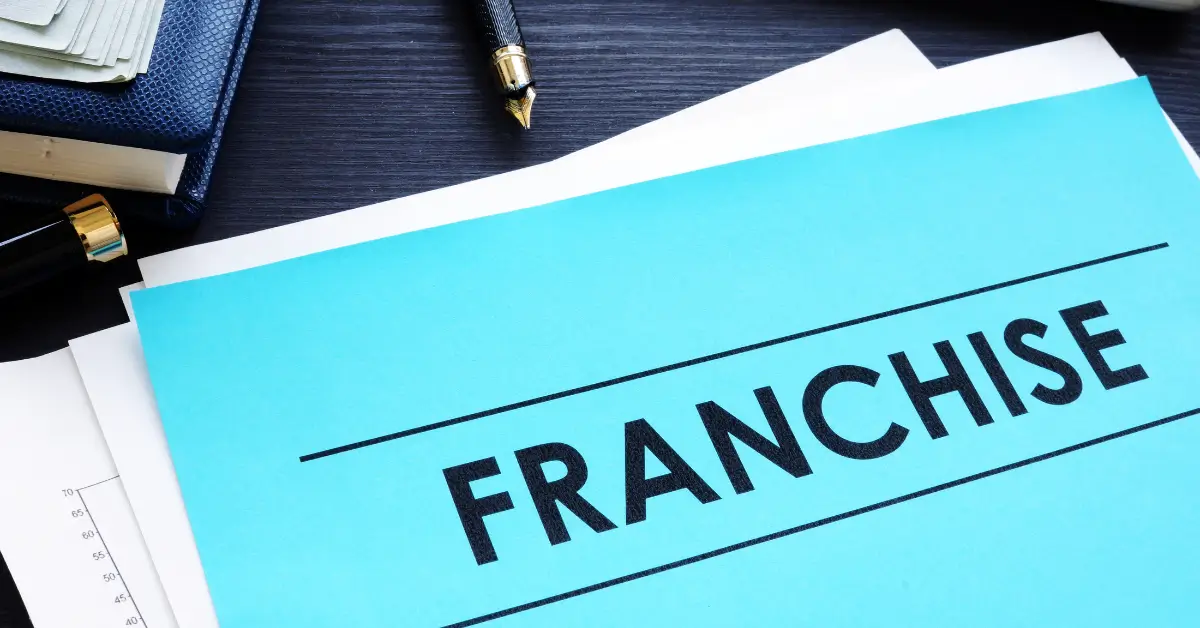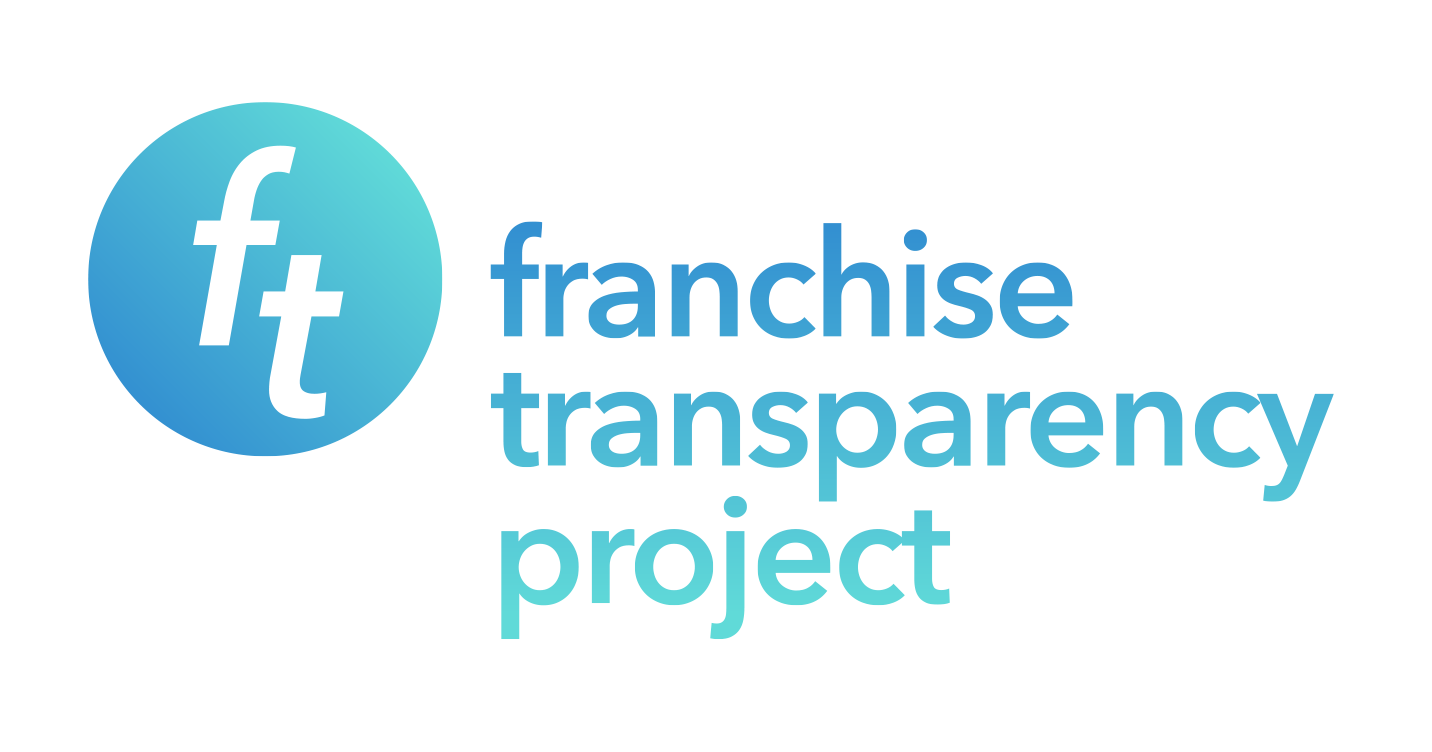
Starting a franchise can be an overwhelming process, but with the right documents in order, it can be much easier.
In this article, we will discuss the types of documents you need to start a franchise and the importance of each one. We will also provide tips for preparing your paperwork correctly and staying organized during the franchising process.
What Types of Documents Do You Need to Start a Franchise?
There are a number of legal and financial documents you’ll need to have in order before you can open your doors. It’s important to remember that each state has their own franchise rules and regulations, so make sure to check your state’s franchise regulations.
Here’s a quick overview of the general franchise documents required.
Franchise Agreement
The Franchise Agreement is typically provided by the franchisor and outlines the specific terms and conditions of your agreement with them. It will include information on things like territory rights, trademark usage, and product specifications. You can find a copy of the Franchise Agreement from the franchisor themselves or an attorney who specializes in franchise law.
Franchise Disclosure Document (FDD)
The Franchise Disclosure Document (FDD) is another document that’s required by law for all franchises in the U.S. It contains detailed information about the franchise, including its history, operations, finances, and risks. You’ll want to make sure you thoroughly review this document before signing anything.
Lease or Real Estate Contract
The Lease or Real Estate Contract outlines the terms and conditions of the space you’re renting for your franchise. This document should include language that protects you as the tenant, so make sure it’s detailed and clear.
Franchise Business License
The Business License is provided by your local government office and outlines the type of business license you need for your franchise. Each city or state may have different regulations, so make sure you research the requirements in your area.
Franchise Business Plan
The Franchise Business Plan should include information on your goals, strategies, and forecasted expenses as well as key milestones and dates. Having a clear plan will help ensure that your franchise is successful in the long run.
Other Financial Documents
Depending on the structure of your franchise agreement, you may also need to provide other financial documents like tax returns or financial statements.
Make sure you have all of the necessary documents in place before signing any agreements or opening your franchise. Doing your due diligence now will help ensure that your business is legally compliant and ready for success.

What to Do if Something is Missing From Your Franchise Documentation Package
If you’re starting a franchise, it’s important to have all of the necessary documents in place before signing any agreements. But what do you do if something is missing from your documentation package?
First, contact the franchisor and let them know what’s missing. They should be able to provide you with the missing documents or help you get them in order.
If for some reason the franchisor can’t provide the documents you need, then reach out to an attorney who specializes in franchise law. They’ll be able to help guide you through the process and make sure everything is in order.
See if you qualify for financing from the SBA for approved franchises.*
*No impact to your credit score. For informational purposes only.
Whatever you do, don’t try to start your franchise without all of the proper documentation. It could lead to legal troubles down the road. Make sure you get everything in place before signing any agreements. That way, you can move forward with confidence and get your franchise up and running.
Tips for preparing your paperwork correctly
If you’re starting a business, it’s important to make sure your paperwork is in order.
Here are a few tips for preparing your documents correctly:
- Read the instructions carefully. Each form has specific instructions that must be followed in order to be processed correctly.
- Complete all of the required fields. Don’t leave any blank spaces – this can delay the processing of your application.
- Check for accuracy. Make sure all of the information is correct before submitting your application.
- Sign and date all forms where indicated. This indicates that you agree to the terms and conditions outlined in the document.
- Submit all forms together in one packet. This will help ensure that they’re processed correctly and as quickly as possible.
Following these tips will help ensure that your paperwork is prepared correctly and that you have everything you need to get started on your franchise.

How to Organize Your Franchise Documents
The franchising process can be overwhelming, but if you stay organized it can be a lot smoother. Here are 4 ways to stay organized during the franchising process:
- Make a checklist of the steps involved in the franchising process and track your progress. This will help ensure that you don’t miss any important steps along the way.
- Create folders for each stage of the franchising process – application, due diligence, negotiation, etc. This will make it easy to find all of the documents and information related to that particular stage.
- Use a calendar to track key dates and deadlines. This will help ensure that you don’t miss any important milestones or deadlines.
- Stay in touch with your franchisor and other franchisees . This will help keep you informed about what’s going on and provide support during the process.
How to Stay Compliant After Getting Your Franchise Documentation in Order
Once you’ve gathered all of the necessary documents for starting a franchise, it’s important to stay compliant throughout the life of your business.
To stay compliant, you’ll have to regularly review and update your documents. Each year you should set time aside to familiarize yourself with any new state and federal regulations (or changes to existing ones) that could affect your franchise.
Additionally, you should review your Franchise Agreement, Franchise Disclosure Document, and other legal document at least once a year.
The more organized your franchise documents are, the smoother this process will be.
If you have any questions or concerns about your business, contact an experienced franchise attorney who can help you stay compliant and answer any of your legal questions.
For more franchising best practices consider downloading our e-book, filled with valuable resources for beginners and industry veterans alike.








